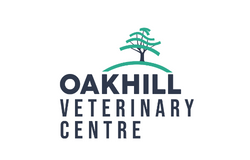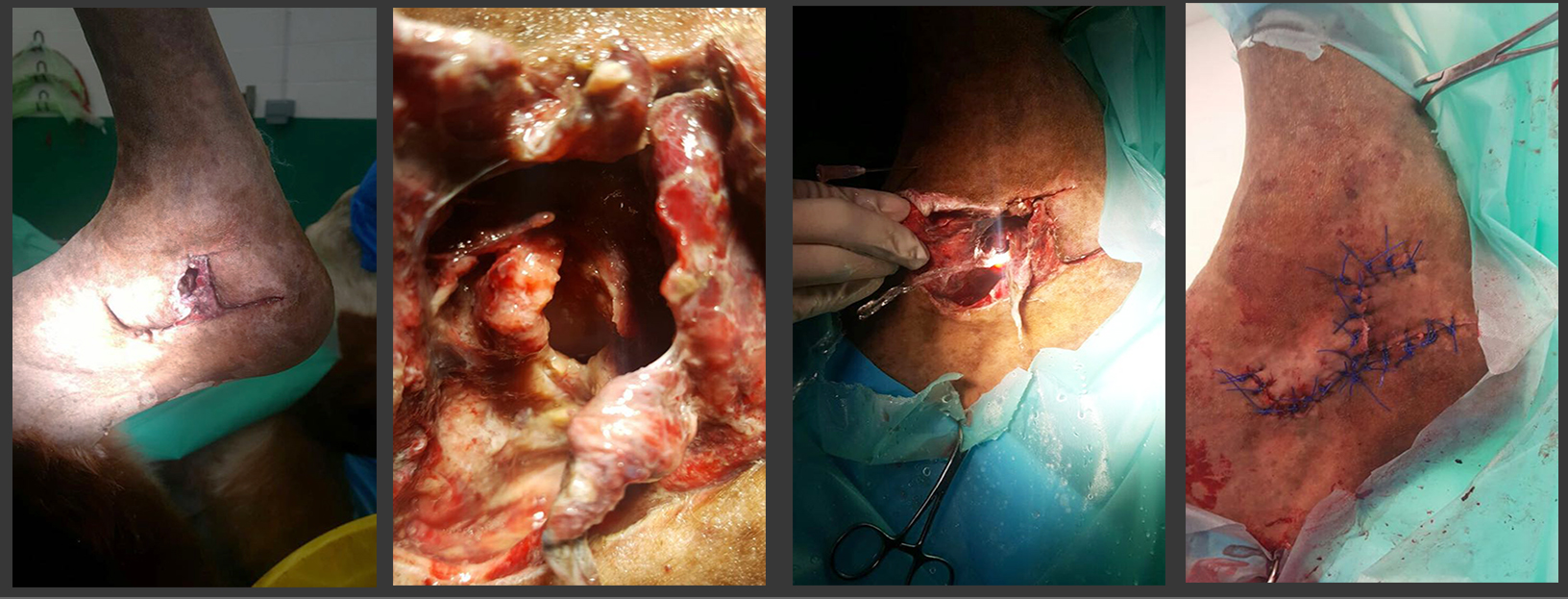Horses come in all sorts of different shapes and sizes, and like humans they can gain weight, which can lead to other health issue.
Obesity in the horse world is as common a problem as it is in the human one, with the weight gains occurring when a horse’s nutritional intake exceeds his physical output. Basically, if your horse is eating more than he’s burning off, he’ll get fat.
All horses, whether ridden or not, stabled or living out, will need to have their diet, health and exercise managed in accordance with their type and workload to ensure they maintain a healthy weight.
Overweight horses are prone to developing various health problems including chronic laminitis, oxidative stress and a less than perfect interaction between insulin and blood glucose. While obesity itself may not directly cause these problems, it certainly has some relationship to the metabolic processes that keep body tissues and systems healthy.
Furthermore, the excess weight a horse carries leads to heat stress, strain on joints and connective tissues and reduced levels of performance.
It’s a good idea to check your horse’s weight regularly either using weigh tape, or if you’re on our Equine Care Plan Premium, you’ll have access to our weight bridge to accurately measure your horse’s weight.
If you’re concerned about your horse’s weight or unsure of what weight they should be, please contact us and one of our vets will be able to assist and advise you.




